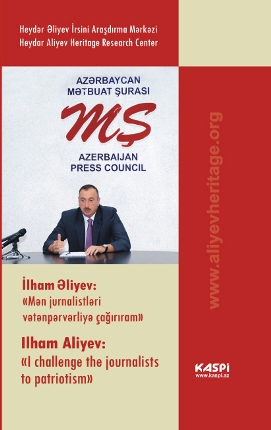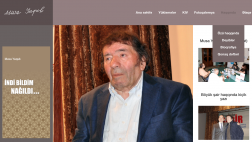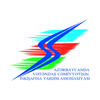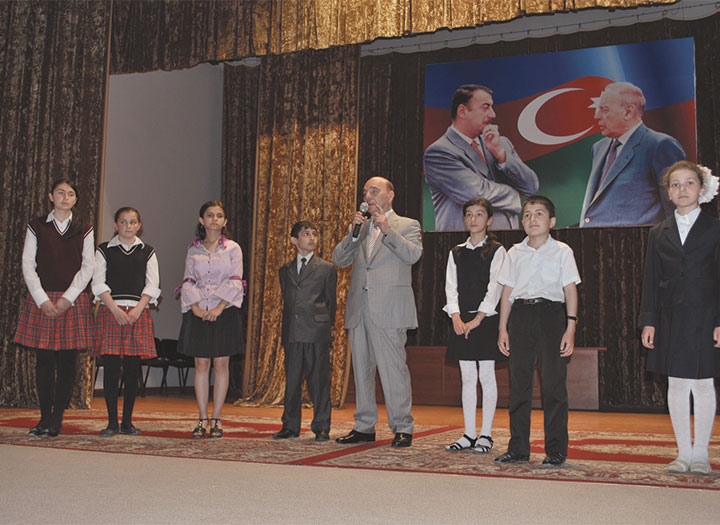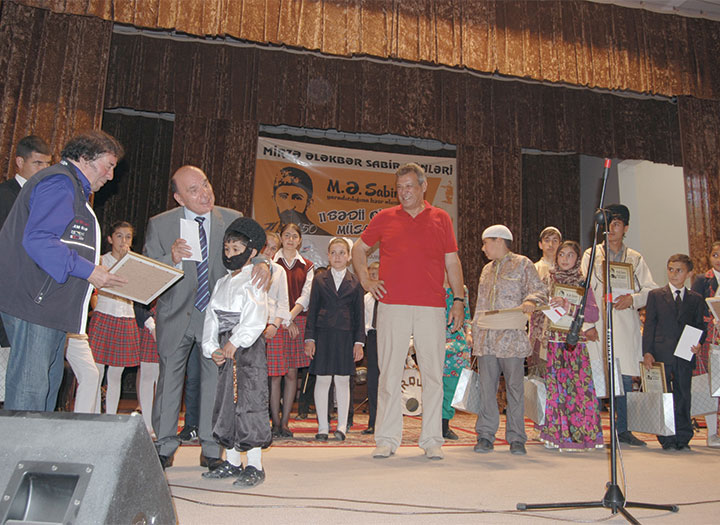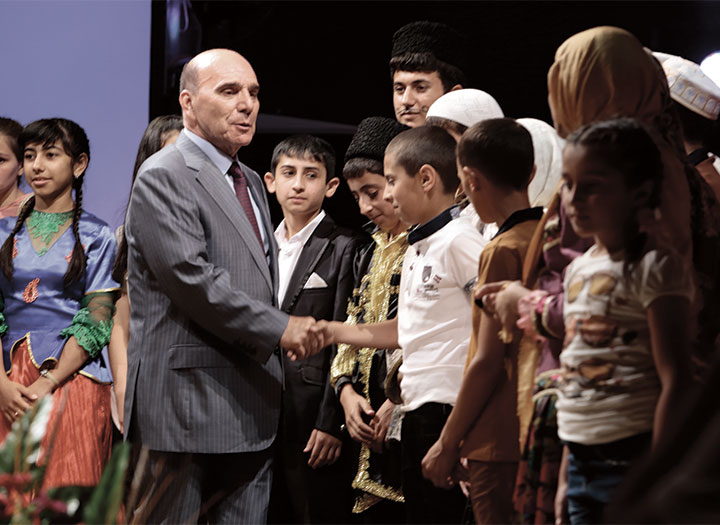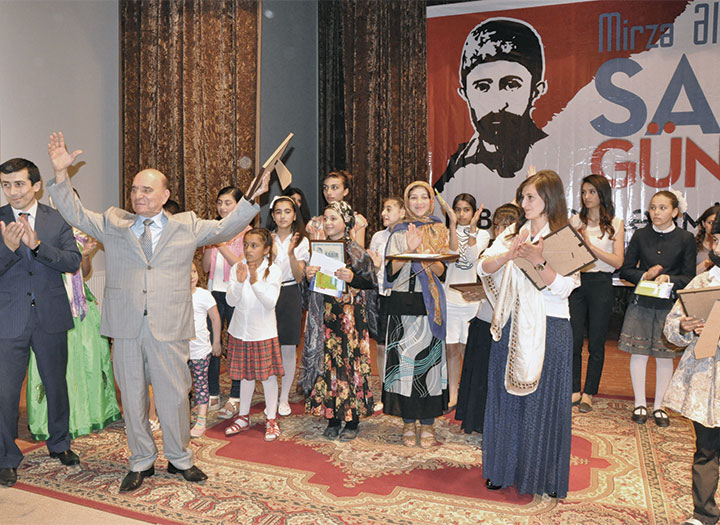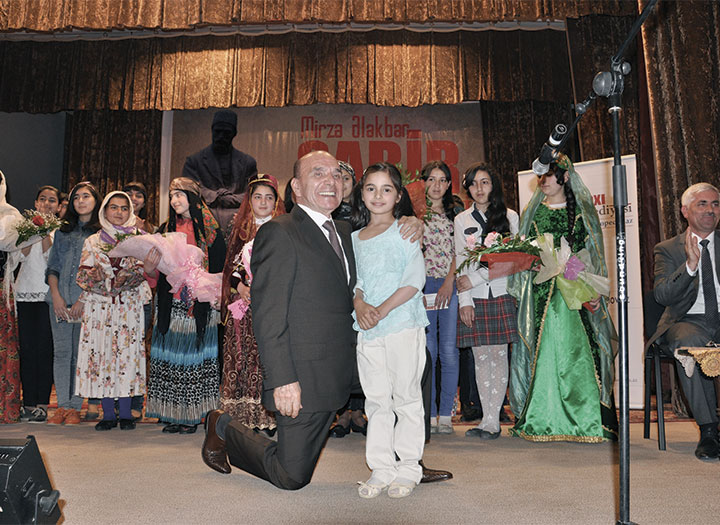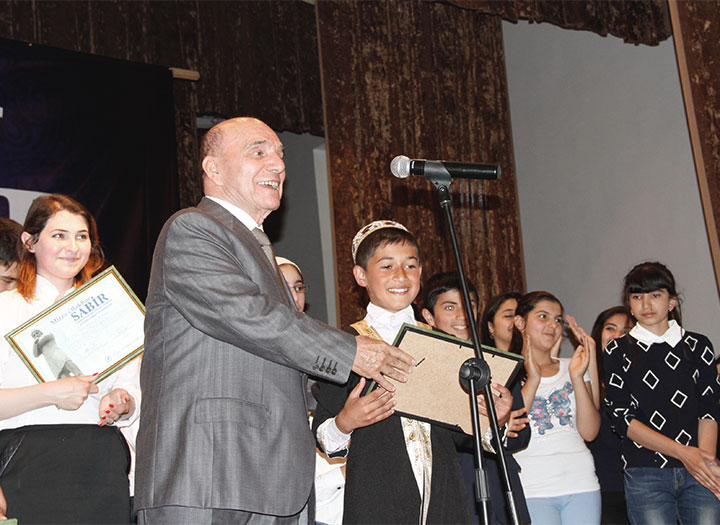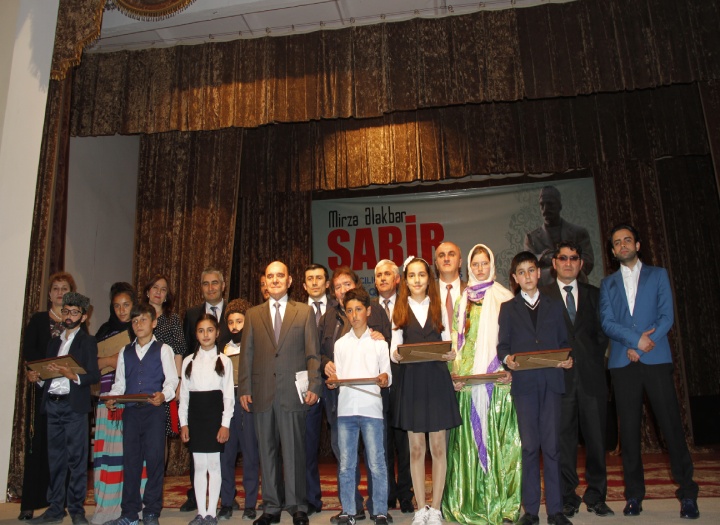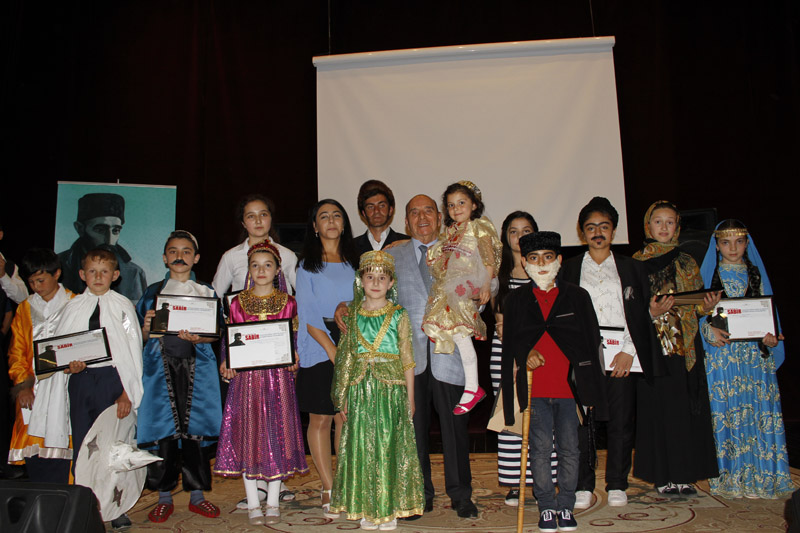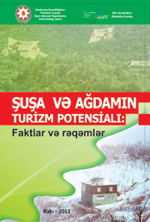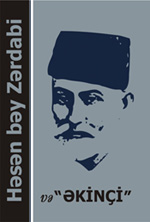 In Masterhost Company they verified the letter receiving to “Lenta.ru” correspondent.
In Masterhost Company they verified the letter receiving to “Lenta.ru” correspondent.
According to the Company’s press center head Ruslan Kurepin, they received the letter signed by the deputy chief of the FSS Information Security center’s operative department S. Yu. Mikhailov on Wednesday. He asked “to take measures on deleting” the Danish cartoons, placed by “unknown persons”. At the same time, the special service refers to Article of the Federal law “On the RF Federal Security Service” from 3 April, 1995.
Having read the letter, chairman of the board of directors of “Pravda.ru” Vadim Gorshenin made a decision to block access to the homepage of their web site, meanwhile, the other sub-sections and materials are still available.
The edition insists on neither republishing the cartoons nor placing the link in the editorial articles. “We state with responsibility that there neither were nor are any similar materials on the pages of “Pravda.ru”. The scandal with “the Danish cartoons” was just covered in commentaries without being published on our web site”, says the official statement placed on the web site of on Thursday.
However, Novikova in a talk with “Lenta.ru” correspondent agreed that the materials the FSS got indignant at might have been placed in a forum section. On Thursday employees of “Pravda.ru” searched for any information on the web site about the scandalous cartoons. The statement published by the web site says about expectations of explanation and apologies from the FSS. “Until any explanation appears, the home page of the web resource is not to be available. We sincerely apologize to our readers for unavailability of the materials operatively published”, the statement says. The editors prove their decision with no intention to have any problems with special services or the registering body.
At the same time, the journalists are surprised at the request on materials on “Pravda.ru” to be deleted received not by the edition but by the hosting provider. “To note, our edition is a registered mass media in compliance with the Russian legislation and, thus, is a participant of a civil process in the country… We can not understand why employees of the special service do not apply to us – those who produce content – but to a technical service, our materials are available for the resource visitors via. Does it mean, that in case we did not close access to the main page, the FSS could solve the matter with the work of the server with materials of “Pravda.ru” in fact placed, without contacting with us?”, the journalists ask a question.
Novikova considers the demand from the FSS to edit the content of the web site – an officially registered mass media – “as out of the legislative field”. She is agreed upon at the Union of Journalists of Russia as well. “Their actions are absolutely illegal: they go against the law on mass media and Constitution”, Secretary General of the Union of Journalists of Russia Igor Yakovenko says. According to him, the Russian legislation stipulates only three ways to influence a mass media: court decision, notification from the registering body and an opinion of a corporative community (for example, to influence via the Union of Journalists).
Yakovenko insists on any attempts of the FSS to interfere with the activity of a mass media “meaning a pure kind censorship”, which is, by the way, banned by the third article of the law on mass media and 29 Article of the Constitution. Secretary General of the Union of Journalists does not exclude indications of a criminal crime in the actions of the FSS, as making obstacles for journalists’ activity, and he advices to sue the latter. The same is suggested by a jurist of the Foundation to Protect Glastnost Svetlana Zemskova.
Vladimir Motorin
